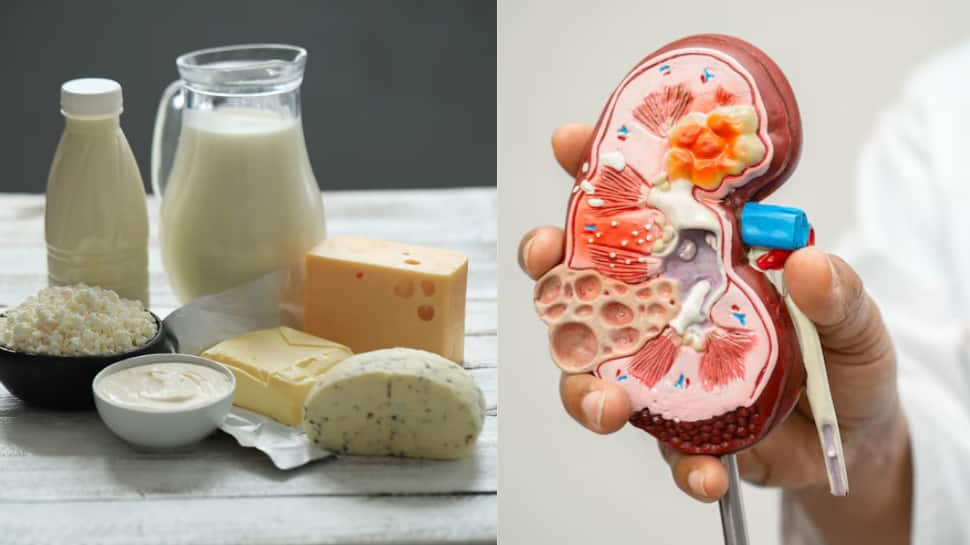Your kidneys play a crucial role in filtering waste, balancing fluids, and maintaining essential minerals in the body. However, when kidney function weakens, certain foods can make the condition worse by putting extra pressure on these vital organs. Managing your diet is one of the most effective ways to protect your kidneys and slow down disease progression.
Here are five foods you should avoid if you have kidney disease:-
1. Processed Foods (High in Sodium)
Processed foods like chips, canned soups, instant noodles, pickles, and fast food are loaded with sodium, which increases blood pressure and worsens kidney strain. Excess sodium causes fluid retention, making it harder for your kidneys to filter waste efficiently.
Tip: Choose fresh, home-cooked meals and flavor your food with herbs and spices instead of salt.
2. Red Meat
Red meat (like beef, pork, and lamb) is rich in protein and phosphorus, which can be hard on weakened kidneys. Consuming too much protein leads to waste buildup in the blood, forcing your kidneys to work overtime.
Tip: Replace red meat with plant-based proteins such as lentils, beans, or tofu—but consult your doctor or dietitian for portion control.
3. Dairy Products
While dairy products like milk, cheese, and yogurt are nutritious, they contain high amounts of phosphorus and potassium. For people with kidney disease, this can lead to imbalances that affect bone and heart health.
Tip: Try kidney-friendly milk alternatives such as almond milk, rice milk, or low-phosphorus options.
4. Bananas and Other High-Potassium Fruits
Bananas, oranges, avocados, and potatoes are high in potassium, which can be dangerous when your kidneys can’t filter it properly. Elevated potassium levels can lead to muscle weakness and heart rhythm issues.
Tip: Opt for low-potassium fruits such as apples, berries, grapes, and pineapples.
5. Dark-Coloured Sodas
Dark sodas often contain phosphorus additives to enhance flavor and shelf life. These additives are quickly absorbed by the body and can increase phosphorus levels, putting extra stress on your kidneys and bones.
Tip: Stay hydrated with water, herbal teas, or lemon-infused water instead of sodas or cola-based drinks.
If you have kidney disease, making smart dietary choices can greatly improve your quality of life and slow disease progression. Always consult a nephrologist or a renal dietitian before making major changes to your diet. Small steps—like reducing salt, avoiding red meat, and choosing fresh foods—can go a long way in keeping your kidneys healthy and functioning longer.
(This article is meant for informational purposes only and must not be considered a substitute for advice provided by qualified medical professionals. Always seek the advice of your doctor with any questions about a medical condition.)

